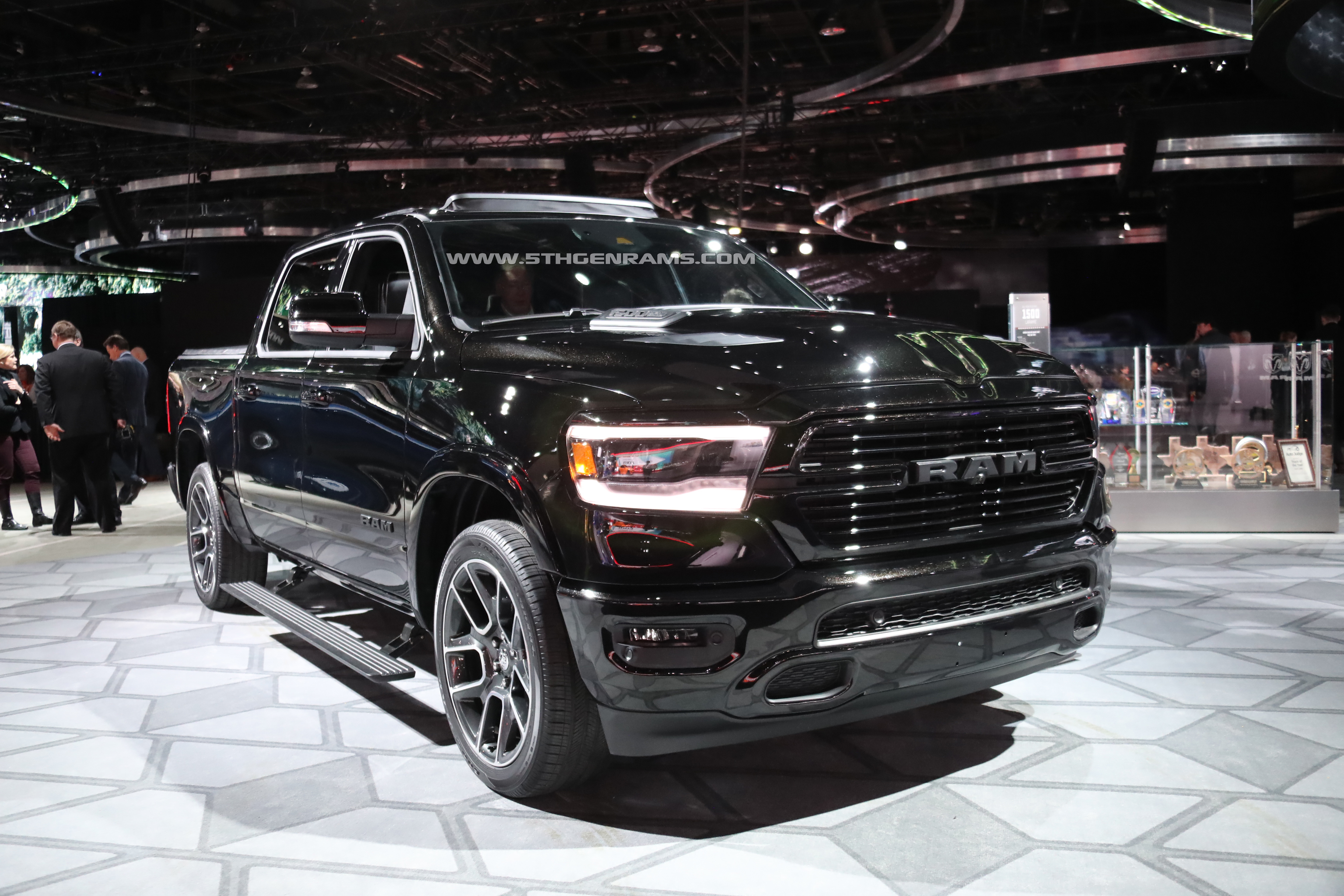Hi to all;
Currently driving a 2017 Ram 2500, 6.4L Laramie with every option except Diesel, which I had previously and simply don't need. It's my 3rd Ram, has been a good truck, but really want to step down into a 1500 because it suits my daily needs far better. 1/2 the payment on a lease, 2x the gas mileage (approx). Much nicer to drive, park, maneuver.
I drive about 20,000 miles a year. I haul lightweight things in the bed, use 4WD in Michigan winters, make 2 school runs every morning, commute back and forth to my store. I don't need to snow plow, I don't need to haul cinderblocks in the back, etc. This truck is incredibly overkill for my daily needs, the payment is huge, my avg fuel mileage is horrendous (around town this winter, it's under 10mpg), the part-time 4WD is rudimentary and overall ride is what you'd expect from a 3/4 ton truck. It is my last choice of vehicles to drive of the 3 that we have.....
I actually take my wife's 2014 Escalade to run the kids to school and back, because of better AWD, lower center of gravity, better weight balance, and mileage in the high teens.
We're on track this year to put 25,000 miles on her Escalade and 5,000 on the truck this year, because of this.
BUT, here's the kicker - We have a large bumper-pull camper that we tow locally 2 times a summer (10 miles round trip) and once to the Upper Peninsula on a 750 mile round-trip vacation. That's it. I am 100% confident a 1500 Ram will tow it to the local campground, but am unsure about the longer trip. (Honestly, I'd sell the blasted camper if my wife didn't love it so much, hahaha).
We have 5 family members (450# total). Topper on the truck (250#). Camper is a 2013 Cougar 32RBK. Specs show it is about 7400# dry (we've removed one of the scissor-sofas), tongue weight about 750#. I have a Pro-Pride anti-sway hitch (aka Hensley Arrow).
I'm going to approximate (haven't scaled it) that it is 8500-9,000# loaded.
I would order (or find) a 2019 Ram 1500 Crew Cab, Laramie, 5.7 w/ 3.92, towing package w/ IBC, could get the 6-4" bed if needed for stability, air suspension if it's better or could add rear air bags & E load rated tires if it helped. The Laramie I test drove yesterday had a sticker on the door jamb of 1580# capacity. Lease payment is 1/2 my current payment. Fuel mileage is nearly 2x as good. Full time 4WD mode would be nice. Overall better ride, handling, etc.
Attached is a photo of our current setup. It's a long trailer. I've seen 3 other people on here towing around 10,000 lbs and they're pleased with the performance. I'm not worried about acceleration, I'm worried about cross-wind sway, being passed by Semi Trucks and causing sway.
Any thoughts? I plan to test tow with a 3.92 axle ratio Ram here in a few weeks once the snow is gone and I can get a feel for it. But in the meantime, am wondering.....
View attachment 18145

















